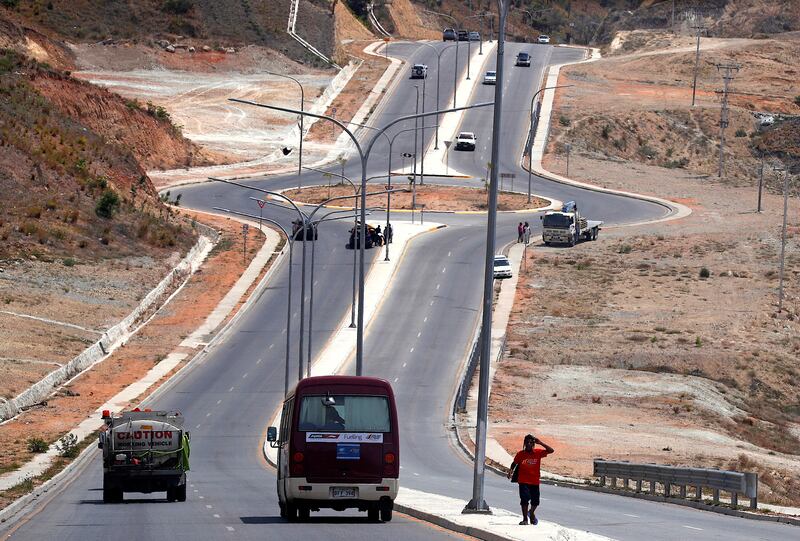Japan is funding eight bridges for remote highland areas of Papua New Guinea, a small component of the Pacific island country’s multi-billion dollar plans to link its main cities and towns with roads.
Papua New Guinea’s Foreign Minister Justin Tkatchenko and Japan’s ambassador to the Pacific island country, Nobuyuki Watanabe, signed the 400 million yen (US$3 million) agreement in Port Moresby on Tuesday.
“Transportation and traffic infrastructure necessary for basic living and economic activities is not well developed,” Watanabe said. “Many villages and communities in mountainous areas are still isolated by rivers because there are no bridges or existing bridges are deteriorating.”
The bridges will make it easier to get to markets and to attend school or get healthcare, Watanabe said.

Papua New Guinea is barely penetrated by roads and the capital Port Moresby is not connected to Lae, an industrial city, or other big population centers.
The government aims to build or upgrade more than 16,000 kilometers of road by 2040 at a total cost of 20 billion kina (US$5.6 billion).
The Development Policy Center at Australian National University said in August that the amount of money for roads in the government’s budget has not been sufficient to meet those goals and external finance will be crucial.
Papua New Guinea’s government has said it has funding commitments from donor countries such as China, Japan and Australia and lenders including the World Bank and Asian
Development Bank that would allow 90% of its roading plans to be achieved in 10 years.
“It is unclear how much each partner will individually contribute or when such assistance would be disbursed,” Alyssa Leng, a research officer at the Development Policy Centre, said in its August report.
“How the program’s ambitions translate into reality and development in PNG therefore remains to be seen,” she said.
Tkatchenko, at Tuesday’s press conference, said the bridge agreement with Japan shows a strong relationship between the two countries.
“These bridges are quality products that will last for the long term,” he said.
“I would like to say thank you to you Ambassador and your government and people of Japan for continually supporting us in very productive projects,” Tkatchenko said. “Projects that will make a difference, not projects that sit idle and rot away.”
